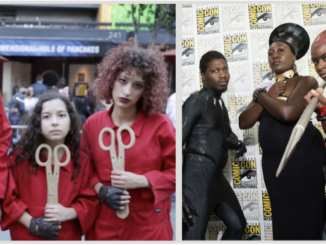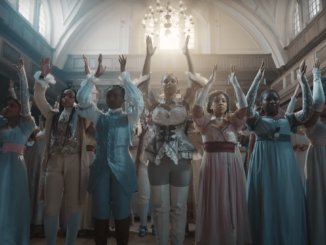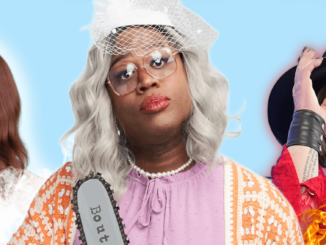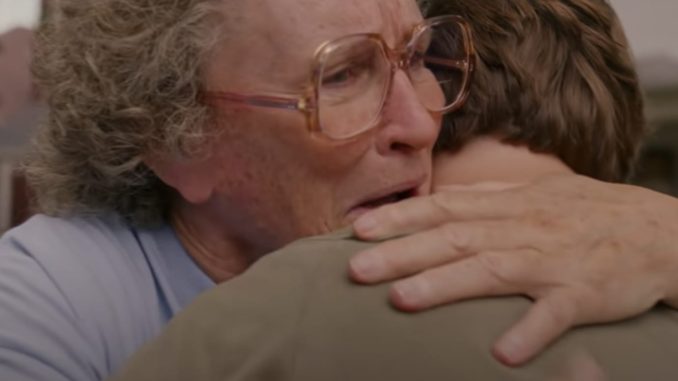
If it wasn’t for the onerous COVID-19 pandemic, many families would be planning massive social gatherings to commemorate the holiday season. For some, with the jubilation of connecting with family members comes the harrowing reminder of dark memories from the past.
Just in time for Thanksgiving, Netflix premiered the family drama Hillbilly Elegy. The Ron Howard directed film is based on J.D. Vance’s bestselling memoir of the same name. Gabriel Basso plays the role of J.D. Vance, a striving young man who is attempting to land his dream job when his ambitions are interrupted by a crippling call from his family in Ohio.
A trip to Ohio as an adult brings back memories of incidents that impacted J.D. growing up. Battling a heroin addiction, Vance’s mother, Bev (Amy Adams), destructively places a heavy burden on her two children J.D. and Lindsay (Haley Bennett) as she maneuvers from one relationship (and bad decision) to another.
Bev’s dysfunction stems from her troublesome relationship with her own mother and J.D.’s grandmother, Mamaw (Glenn Close), who tries to change the course of her family by dedicating the remaining years of her life to raising her grandson from boy to man.
Despite growing up in a chaotic household, J.D. manages to go into the marines, come out and graduate from Ohio State within two years before becoming a Yale Law student. The pressure to be there for his family hits J.D. hard when he has to decide whether he’s going to take Mamaw’s advice and focus on becoming someone great or be crippled by his mother’s continuous, energy-draining shenanigans.
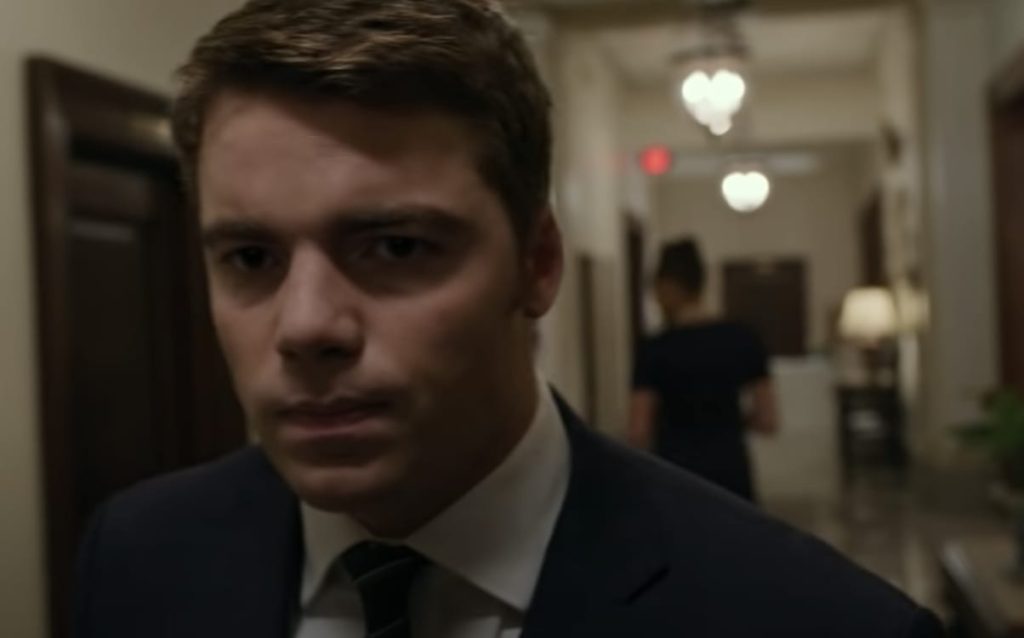
Although the film title references hillbillies, the story is universal and can easily translate to the hood. The mentally incapacitated and emotionally traumatized parents who choose to self-medicate with drugs and end up losing their offspring and future is a scenario that has been a part of so many communities for generations.
Sometimes, the roles are reversed, and other times the children don’t make it out. When they do, they find themselves either repeating the same mistakes as their parents or falling prey to the jaws of generational curses that see them to an early grave.
If there’s one thing that this film proves is that adversity is not choosy. It’s beyond race when you have familial secrets that manifest into stalled potential and dead dreams. Money could help, but what’s the use of gaining the world and losing your soul? If the trauma is not addressed, these issues will only do their duty and come back to haunt through self-sabotage and displaced anger towards others.
Born a hillbilly or hood bred, anyone who has been through it can understand how a dysfunctional family could propel you or paralyze you. Ultimately, the choice belongs to the student of the lesson.
The MouthSoap cosigns this film.

